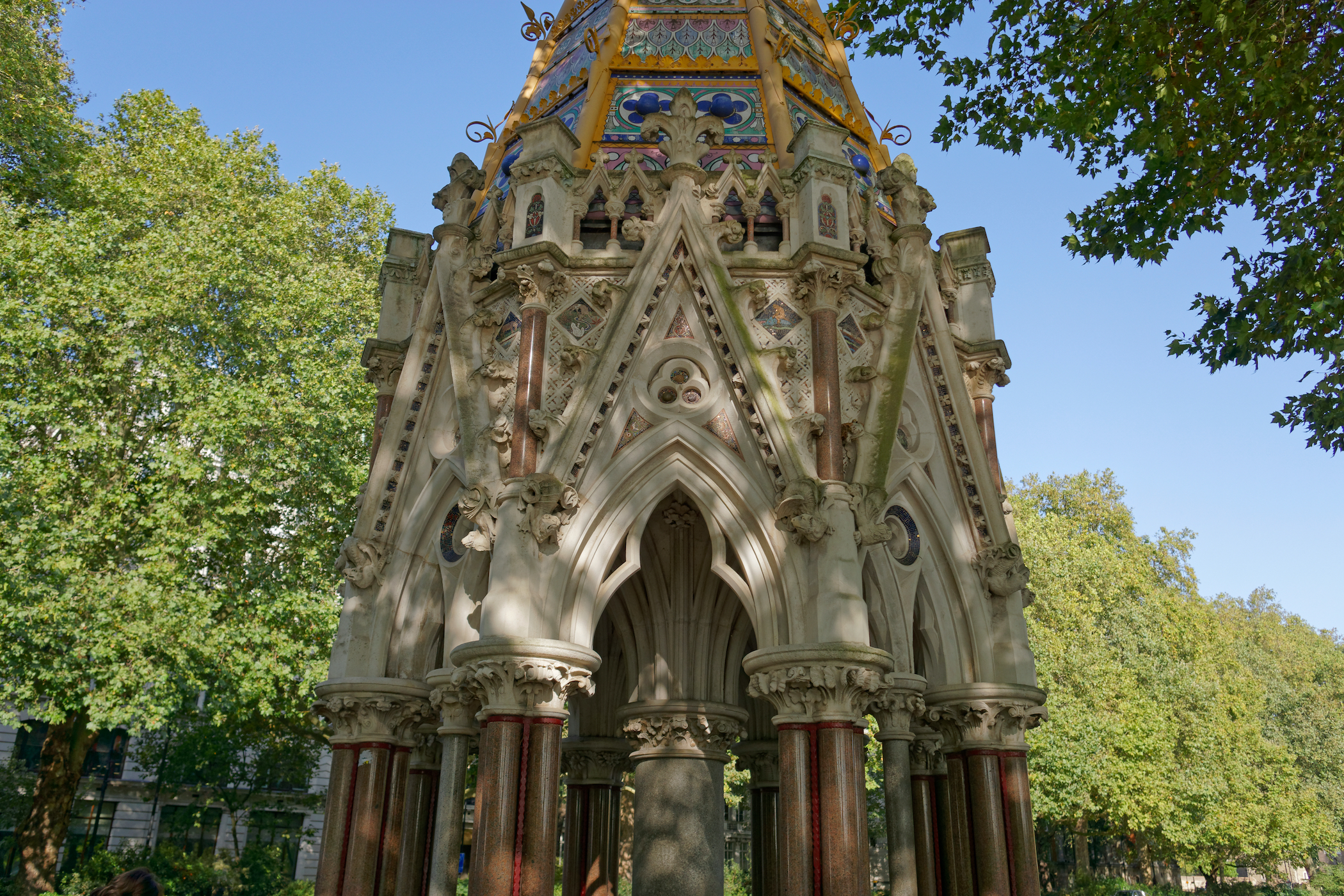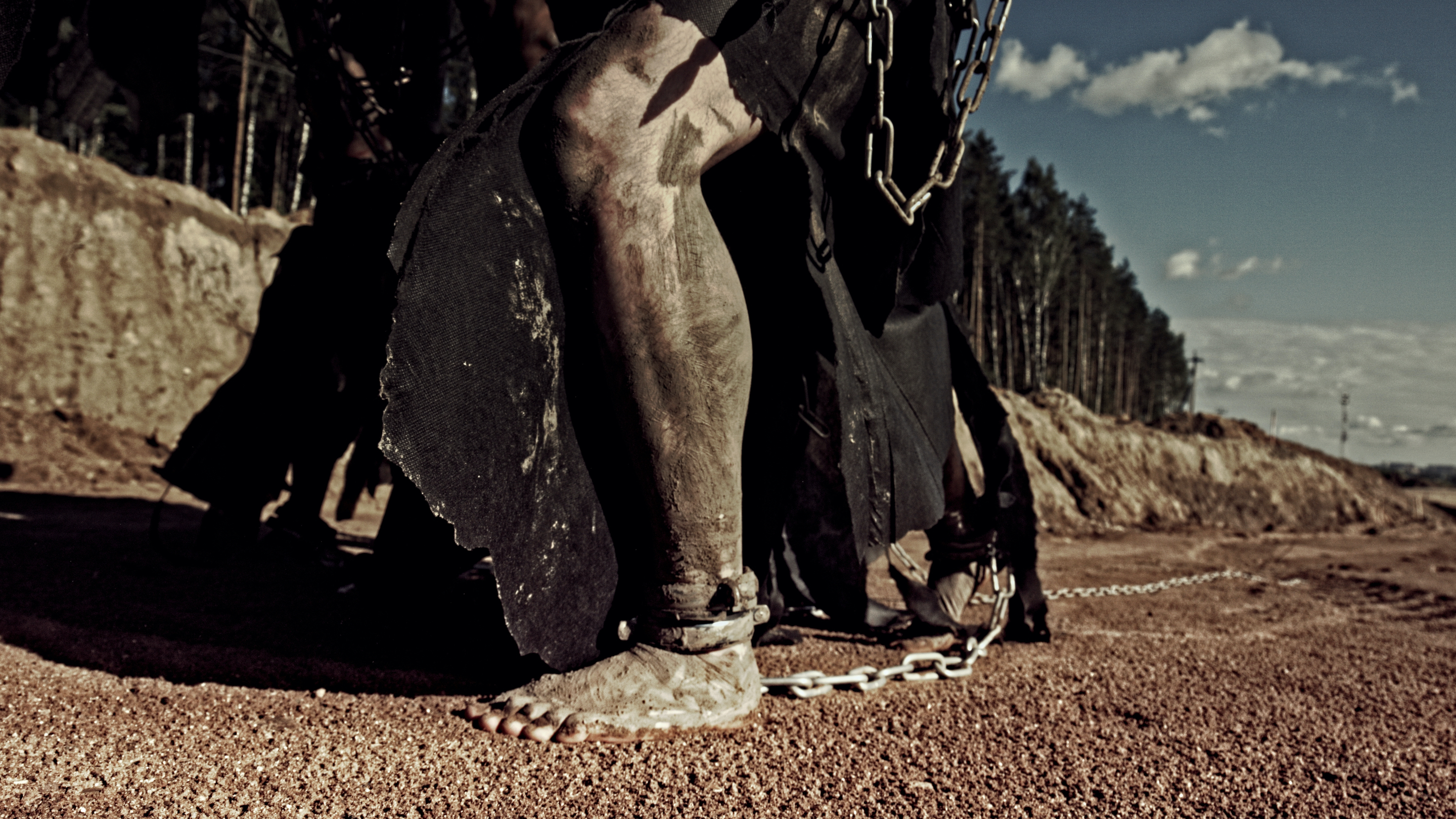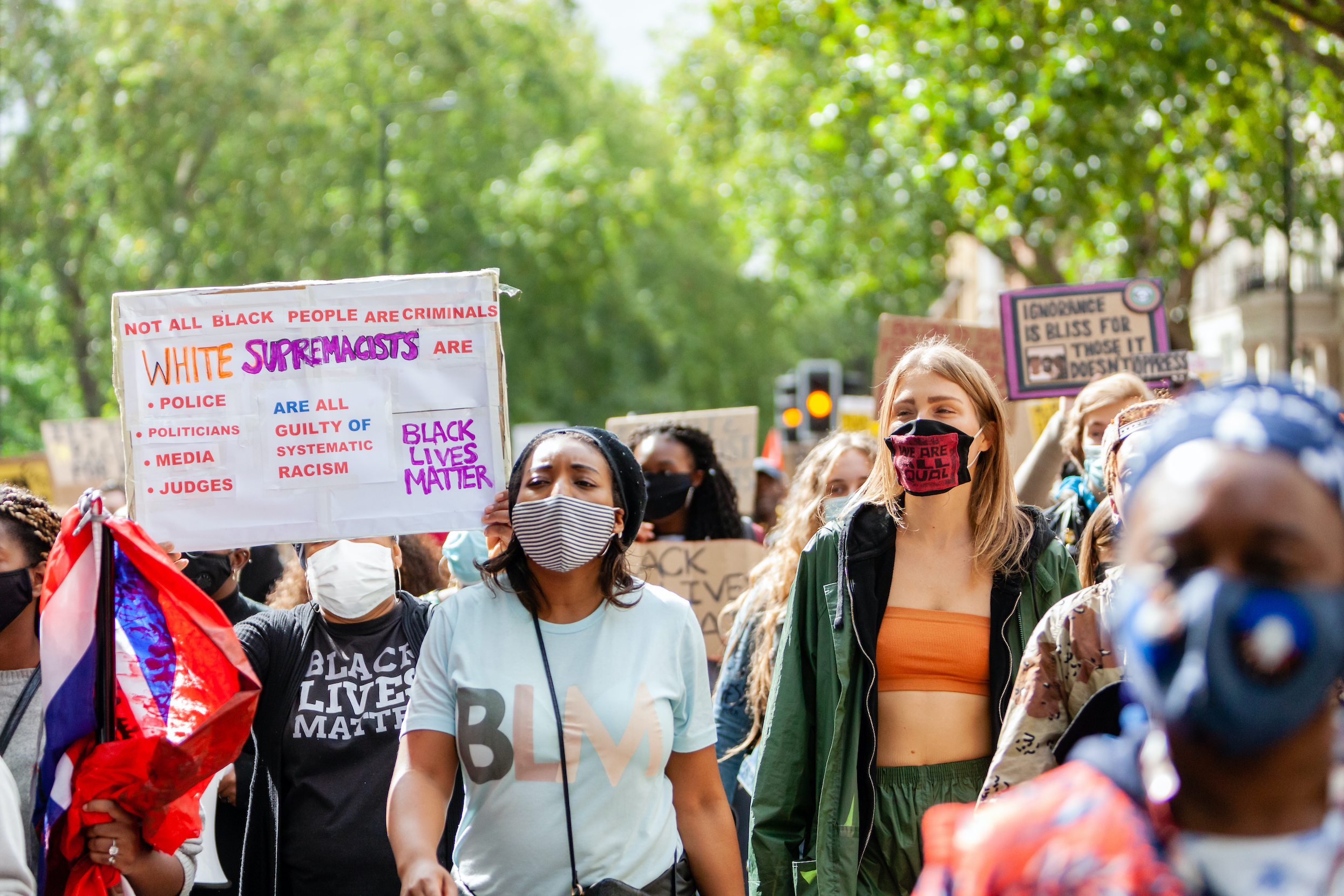The 2007 bicentenary of the abolition of the slave trade marked the whole question of the legacies of slavery and the importance of thinking about new ways of understanding that history. In the context of that bicentenary, Black activists, historians, writers and documentary makers, who had been thinking for a long time about the forgotten histories of slavery and the way in which the story of abolition had displaced the history of the violence, coercion and destruction associated with slavery and the British Empire, started what I think of as a national conversation about the slave trade and how it should be remembered.
A new conversation about the legacy of slavery
Emerita Professor of History
- The 2007 bicentenary of the abolition of the slave trade sparked a new conversation in Britain about the legacies of slavery.
- A ‘reparatory’ history is required if we are to properly understand the wrongs of the past and take responsibility for them in the present.
- Race politics today cannot be understood outside the legacies of slavery and the legacies of Empire.
A new conversation about slavery

Photo by CarlsPix
Re-evaluating Britain’s role in abolition
Should we be thankful and remember proudly how Britain had supposedly led the way (which, of course, it didn’t) with the abolition of the slave trade in 1807? Or is it more important to remember the whole history of slavery, and to try and bring that history back into view?
The way in which the history had been written from the time of the abolition of the slave trade onwards was in terms of abolition and emancipation, being part of the history of progress and the way in which Britain had led the world. There was the notion of the civilising humanitarian route that was Britain’s task in the world: to improve the rest of the world in the image of itself.
That’s how history has been understood. To unpick that history became a major task and has been taken up in so many different ways by writers, artists, historians, people making television and radio programmes and so on.
Why history matters
Trying to write a different kind of history, which takes on the violence and destruction of Empire, is part of what I think of as a ‘reparatory’ project. That’s not the same as the political movement for reparations, which is about seeking financial restitution for the wrongs that have been done, but it is a kind of necessary step in public recognition and taking some responsibility for it in the present.
People say, why on Earth should we feel responsible now? This all happened a long time ago. But, of course, part of the work that’s been done has been to establish the ways in which these patterns of racialisation and inequality became embedded, not just in domestic society, here in the UK, but also in the global economy. If you look at the Caribbean now, levels of health inequality, illiteracy and income inequality are way below those in the so-called developed Western countries. There’s a historic wrong that has continued and continued. That’s why the legacies live on in the present.
Invisible traumas

Photo by Sergey Shubin
The patterns of inequality that I’ve been talking about in terms of social and economic lives, people’s health, and people’s levels of education, are all vitally important. These are the ways in which patterns of racialisation are embedded in our social, political and economic institutions. Yet, these patterns of difference and inequality also live in people’s inner lives – in people’s sense of themselves and who they are and in the difference between themselves and others. In that sense, that’s the trauma of slavery, the trauma of captivity and what it meant to live the lives of captives.
All that followed from that in the economies of the Caribbean has lived on intergenerationally. Think, for example, of the ways in which enslaved people never had burial grounds. If you go into an Anglican church in Jamaica, it’s full of monuments to colonists and slave owners – of course, you find them all over the United Kingdom, too – but where do you find the burial grounds of enslaved people? You don’t. There are no memorials.
How are slave owners memorialised?
The memorialisation of death is a way in which we understand the past and feel ourselves connected through the past, into the present. These are family histories which those who are privileged can own.
Take, for example, Edward Long, who I’m now working on, who published his history of Jamaica in 1774, and which is still in print today. Long’s great-grandfather was on the Cromwellian expedition that took Jamaica from the Spanish in 1655. The family lived off the West India trade for generations. They were merchants in London, planters in Jamaica and landowners in Suffolk, but the money came from slavery initially and was transmitted in that way. So, they have a family history which could be put together by their descendants, published as a memorial to the family. Long has a memorial in the church in which he’s buried in West Sussex, but the people they enslaved cannot recover their history in that way, and that is one of the terrible inequalities associated with the legacies of slavery.
A truer history of the British Empire
One of the hopes in these last years has been that historians have worked to recover family histories of enslaved people, which is a tremendously difficult thing to do because of the absence of documentation and the fact that the archives tell the history of the winners, not of the vanquished.
A project we’re hoping to embark on, at University College, is a history of the valuable lives of enslaved people. This time, we hope to digitise what are called the slave registers, which are the censuses that were kept between 1817 and the end of slavery. The abolitionists argued for these because they wanted to be able to register levels of mortality across the Caribbean and whether an illegal slave trade was still being practised. These censuses were taken every three years, which means that for every three years across the Caribbean, the Anglophone Caribbean, we have records of enslaved people. We hope to digitise all those records and make them available for public use, just as we’ve used the compensation records. This would mean an extraordinary archive that can then be put together with other kinds of documents that have survived, like parish records and so on, to reconstruct the lives of those who have been erased from history as it has been written.
The rewriting of history is a reparatory project. It’s part of the work of trying to undo the wrongs and put at least part of what we can right. Of course, we can never put right what happened, but we can do our best in the present to re-establish a truer history of the British Empire.
Slavery and modern race politics

Photo by Daniel Samray
Race politics in the present cannot be understood outside the legacies of slavery and the legacies of Empire. People who would identify now as Black Britons and who have been here for generations are very aware of the patterns of inequality within which they’re living and which they’re challenging. The history, whether it’s of the Caribbean or of India or of Sri Lanka, or of any part of the British Empire, is marked by these patterns of racialisation and racial hierarchy, which have been absolutely integral to British rule.
British rule has depended on the civilising mission of the British, which got reinterpreted in the period after the end of the Empire. It’s had a long afterlife in terms of, for example, the Iraq war and the notion that people’s lives in Iraq were going to be made better by Western intervention – which, of course, has been an absolute disaster. Until this history is understood and faced in all its dimensions, we will not be able to build a better world.
Discover more about
The legacies of slavery
Hall, C. (2016, September 26). The racist ideas of slave owners are still with us today. The Guardian.
Hall, C. (2018). Doing reparatory history: bringing ‘race’ and slavery home. Race & Class, 60(1), 3–21.
Hall, C. (2020). The Slavery Business and the Making of “Race” in Britain and the Caribbean. Current Anthropology, 61(S22).